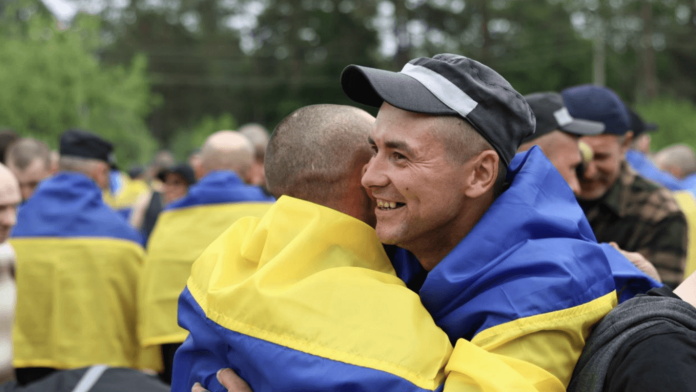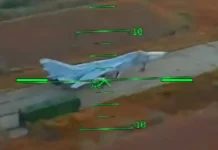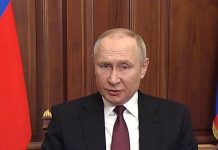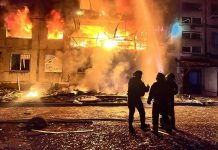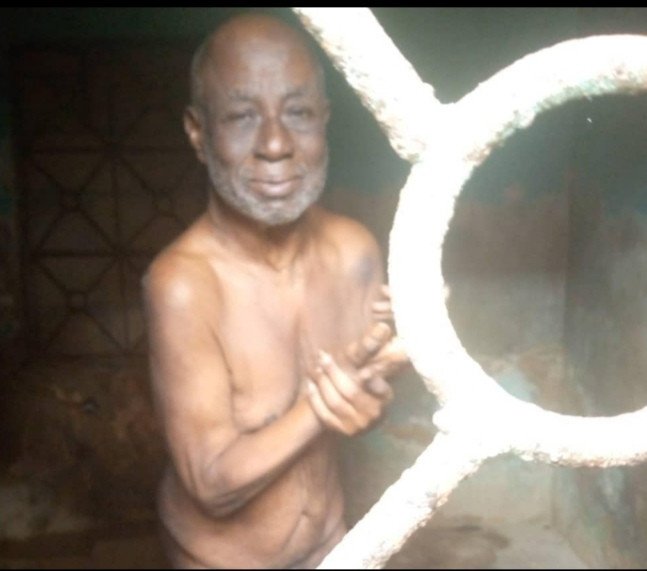On Sunday, May 25, Russia announced the exchange of another 303 Ukrainian prisoners of war for an equal number of Russian soldiers held by Ukraine. This marks the second large-scale prisoner swap in less than a week and concludes the largest exchange between the two countries since the full-scale war began.
The Russian Defense Ministry confirmed that the swap was conducted in line with agreements made in Istanbul on May 16. “In accordance with the Russian-Ukrainian agreements reached in Istanbul, both sides exchanged 1,000 people over the weekend,” the ministry stated.
This high-profile exchange is part of growing international efforts to ease tensions and advance a ceasefire in one of the longest and deadliest conflicts in Europe since World War II.
The war, which erupted in February 2022 when Russia launched a full-scale invasion of Ukraine, was justified by Moscow as a response to NATO’s eastward expansion and alleged mistreatment of Russian-speaking populations in Ukraine. Since then, the conflict has resulted in tens of thousands of deaths, widespread destruction, and millions of displaced people.
Despite diplomatic efforts—including negotiations facilitated by Turkey and the United Nations—a lasting peace deal has yet to be reached. Intense fighting continues, especially in eastern Ukraine’s Donetsk and Luhansk regions.
This latest prisoner swap follows a previous exchange earlier in the week, in which over 600 prisoners were released by each side. Altogether, more than 1,000 soldiers have been returned to their home countries in recent days—a rare instance of cooperation amid a brutal conflict marked by mistrust and heavy losses.
Ukrainian President Volodymyr Zelenskyy’s office confirmed the swap and shared images of returning soldiers, many captured in fierce battles such as Mariupol and Bakhmut. The freed prisoners appeared thin and visibly emotional, highlighting the harsh conditions of their captivity.
In Russia, returning servicemen were welcomed with televised scenes of military officials greeting them and reaffirming support for troops still fighting on the frontlines.

